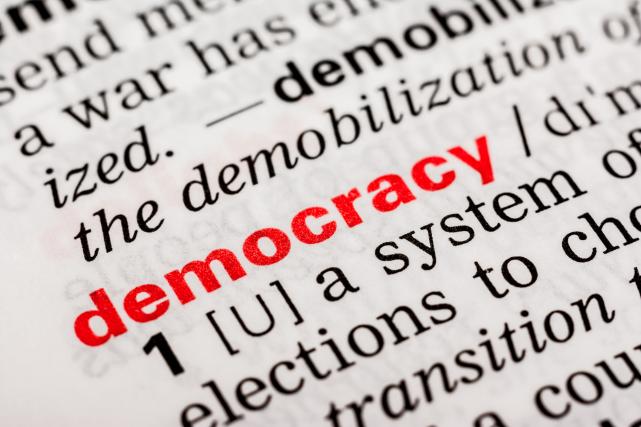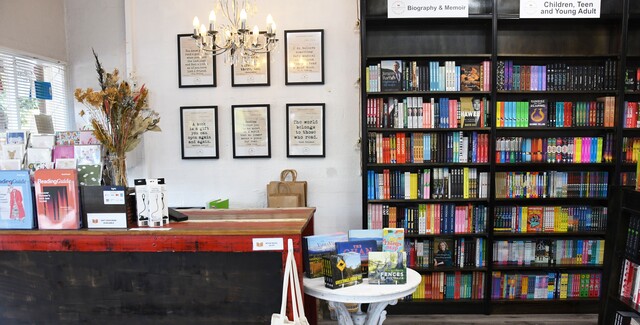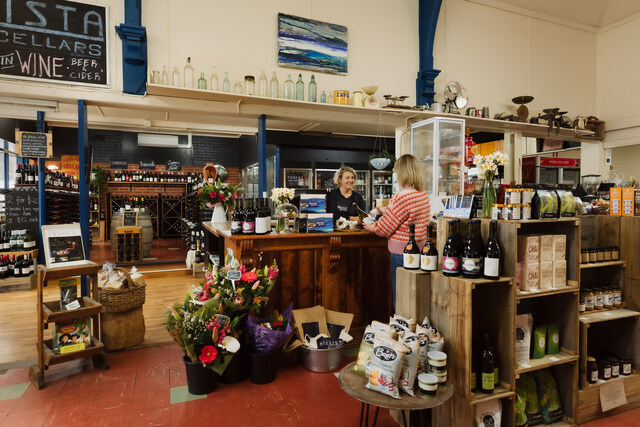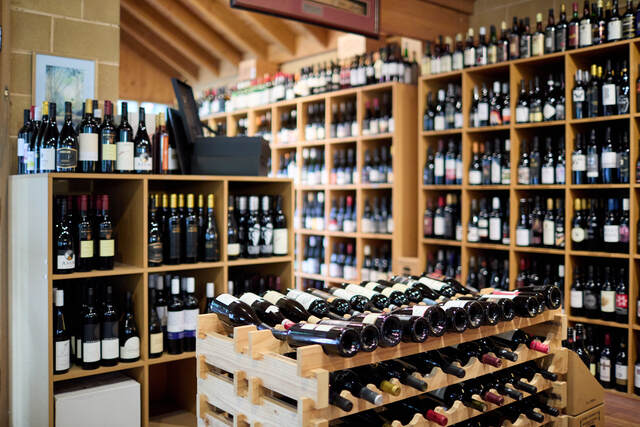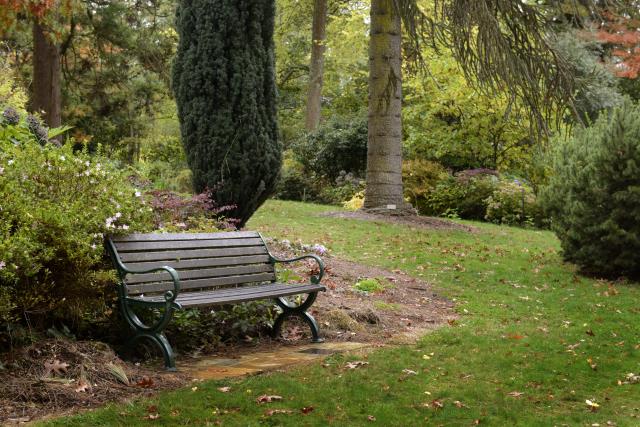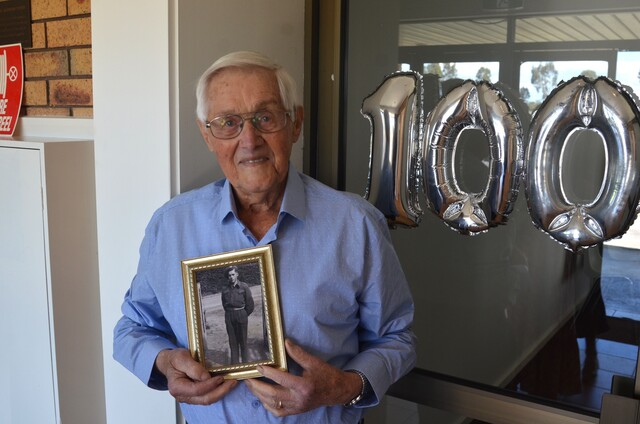Democracy is hard work not just for leaders but also for citizens.
Its ability to survive against authoritarian inroads is dependent on vigilant and informed citizens.
And that’s you and me.
The freedoms we enjoy are based on a belief and trust in that those we elect are working for the common good of our community and not in the interests of powerful or corrupt private, government or commercial interests.
How we are informed relies on the integrity of our government in being transparent as to what they are executing in our names.
And of course the Fourth Estate, the media, in all its various forms, should play a crucial role.
But sometimes the only way we find out about what is happening in areas well removed from our daily lives is when somebody is prepared to speak out.
Often at a very high personal cost.
We call these people whistle blowers.
Wikileaks, under Julian Assange published numerous classified and sensitive documents from various governments and organizations about military and government activities of our closest ally, the US, that were not public knowledge.
Julian Assange is not a traditional whistle blower, as he did not directly leak the documents himself.
Chelsea Manning did that.
Instead, he facilitated the leaks and publication of information from whistle blowers.
The media portrayal of Assange has fluctuated widely, from being hailed as a hero of free speech to being condemned as a reckless opportunist.
Public opinion is similarly divided, with some viewing him as a martyr for free speech and others as a dangerous provocateur.
Macquarie University journalism professor Peter Greste writing in The Conversation understands what imprisonment feels like.
In 2014-15 he was imprisoned in Egypt on terrorism charges and admits his incarceration was nothing compared to Assange’s who spent 1901 days in the notorious Bellmarsh prison.
Like many he believes Assange should never have been charged with espionage as Wikileaks was doing what the First Amendment to the US Constitution was designed to achieve, namely to guarantee people the right to speak out against abuses of government authority.
But he qualifies his comments by seeing a difference between a journalist and a publisher and makes the point that Assange’s Walkley Award was awarded not for his journalism but for outstanding contribution to journalism.
But journalists cannot do their job of investigative public interest journalism without those who are prepared to speak the truth, to reveal what is often kept from us.
Usually someone who has witnessed corporate, organizational or government misconduct or lack of transparency or other types of wrongdoing.
Of course, there are times as in war when national security requires some things not to be in the public domain.
In the Australian context just think of recent exposes: PwC, casino scandals, banking, war crimes.
Robodebt, have all been brought into public scrutiny by concerned individuals, allowing journalists to do their investigations.
Whistle blowers are of course not a modern phenomenon.
Throughout history there have always been people who have put the common good ahead of personal considerations and have often suffered as a result.
Some may remember the impact of the publication of Rachel Carson’s Silent Spring in which she alerted the world to the dangers of indiscriminate use of DDT.
Her work not only raised public awareness to its dangers but led to the banning of DDT in USA in 1972.
Rachel Carson was a scientist but ordinary women like Karen Silkwood and Erin Brokovich stand out as courageous women who stood up to wrongdoings of big corporations.
In a very strange one car accident, Karen Silkwood died on her way to a meeting with a New York Times reporter.
The documents she had with her were never found.
Similarly legal clerk, Erin Brokovich, doggedly pursued Pacific Gas and Electric for ground water contamination and in 1993 won a $333 million settlement.
In our own backyard whistle blowers face much uncertainty.
And they do so at a great personal cost as Australian laws do not protect whistle blowers World Press Freedom Day celebrated in May each year raises awareness of the importance of
the freedom of the press and reminds governments to uphold the right of freedom of expression as enshrined in the 1948 Universal Declaration of Human Rights.
It is disconcerting to see Australia’s ranking slipping down 12 places in just twelve months to 39th position.
The prison sentence handed to David McBride sends a chilling message to whistle blowers across Australia.
McBride a former Australian military lawyer leaked documents about alleged war crimes by Australian special forces in Afghanistan.
He was convicted under the Defence Act and sentenced to almost six years.
Richard Boyle a former Australian Taxation Office employee as of now, has not been sentenced but currently awaiting trial after a judge ruled against him being protected under whistle blower laws.
If we lookback at whistle blowers we see a long list of brave individuals ready to stand up for what they see as wrongs that should be righted.
In times of turmoil and social unrest, poetry, song and films have long been powerful tools for celebrating whistle blowers, raising awareness, and inspiring change.
From the early verses of William Blake comes The Chimney Sweeper from Songs of Innocence (1789).
ITALICS:
When my mother died I was very young,
And my father sold me while yet my tongue
Could scarcely cry “‘weep! ‘weep! ‘weep! ‘weep!”
So your chimneys I sweep & in soot I sleep.
William Blake reflects on his views on the plight of chimney sweeps as the Industrial Revolution takes shape, particularly focusing on the exploitation and suffering of young children forced into this dangerous and degrading work.
We should remind ourselves that many of the cheap consumer goods we enjoy are still being done by children in appalling conditions.
Many contemporary poets have given voice to those who have been silenced and ignored.
ITALICS:
As Maya Angelou put it:
You may shoot me with your words,
You may cut me with your eyes,
You may kill me with your hatefulness,
But still, like air, I’ll rise.”
In Warsan Shire’s poem ‘Home’ he delves into the harrowing experiences faced by refugees and the displacement of millions around the world.
This poem serves as a poignant reminder of the urgent need to protect the rights of those fleeing conflict and persecution.
ITALICS:
No one leaves home unless home is the mouth of a shark.
You only run for the border when you see the whole city running as well.
Assange’s freedom is a testament to years and years of public campaigning.
The bipartisan support in Parliament was gratifying to see and indubitably helped secure his release.
But as he returns home, the campaign for press freedom and truth has never been more important.
Nor has our role as citizens to encourage open debate about important issues that impact on our lives and to call out any disinformation.
The following poem by Ella Wheeler Wilcox, published in 1914 is still regretfully eerily pertinent
ITALICS:
Protest
To sin by silence, when we should protest,
Makes cowards out of men. The human race
Has climbed on protest. Had no voice been raised
Against injustice, ignorance, and lust,
The inquisition yet would serve the law,
And guillotines decide our least disputes.
The few who dare, must speak and speak again
To right the wrongs of many. Speech, thank God,
No vested power in this great day and land
Can gag or throttle. Press and voice may cry
Loud disapproval of existing ills;
May criticise oppression and condemn
The lawlessness of wealth-protecting laws
That let the children and childbearers toil
To purchase ease for idle millionaires.
Therefore I do protest against the boast
Of independence in this mighty land.
Call no chain strong, which holds one rusted link.
Call no land free, that holds one fettered slave.
Until the manacled slim wrists of babes
Are loosed to toss in childish sport and glee,
Until the mother bears no burden, save
The precious one beneath her heart, until
God’s soil is rescued from the clutch of greed
And given back to labor, let no man
Call this the land of freedom.
This poem is in the public domain.
Woorilla International Poetry Prize 2024 now open for entries, visit the following website, woorilla.org.au

